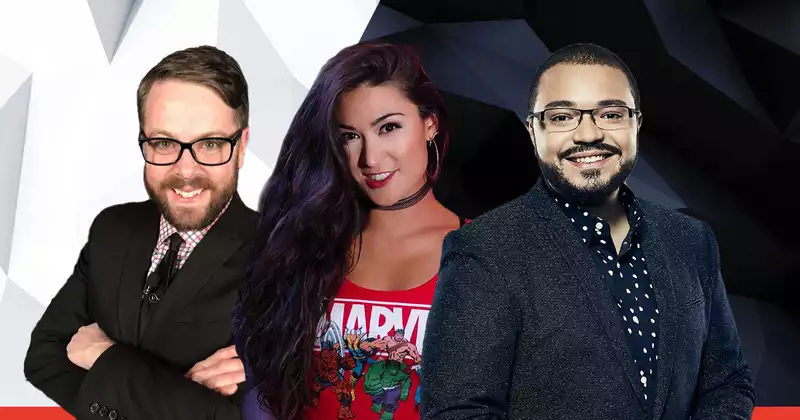Video games are not an exclusive club that only a select few get to play and enjoy. This year's E3 went out of its way to celebrate diversity and inclusivity in gaming by reminding us that everyone, regardless of race, gender, or ability, can be a gamer and is welcome as part of the gaming community.
Among the highlights of E3's inclusivity efforts were Mental Health: E3 also hosted special panels, including the "Mental Health: How to Play Support" panel, the "Young Entrepreneurs in Gaming" panel, the "Black E3 also hosted a special panel called What the Vox: Wonder Women in Voice Acting. The event featured leading female voice-over artists from a variety of popular games.
Perhaps the most in-depth look at inclusivity was Take-Two Interactive's panel on Diversity, Equity & Inclusion. This extensive panel highlighted the various efforts that publishers are making for inclusion, including addressing issues of institutional discrimination, recruiting with diversity in mind, and offering a variety of programs to foster a more diverse gaming community that includes not only players, but also creators. were introduced.
Alan Lewis, Vice President of Corporate Communications and Public Affairs at Take-Two Interactive, began by noting Take-Two's interest in providing opportunities for young people to begin their journey to become game creators, from need-based financial assistance to in-house He explained that Take-Two offers everything from need-based financial assistance to in-house internships and mentorships.
The panel then began with guests focusing on diversity and inclusion efforts in the gaming industry, including USC Gaming Program Professor Jim Huntley, who spoke about the Gerald A. Lawson Fund for Black and Indigenous Students ( Endowment Fund for Black and Indigenous Students), he described opportunities and scholarships that provide students with the training and resources they need to enter the gaming industry. However, he suggested the need to provide resources and encourage inclusion for younger age groups as well.
This is where Susanna Pollack's "Games for Change" and Lila Shabir's "Girls Make Games" come in. Susanna Pollack explained that Games for Change provides elementary school students in Title 1 schools with the opportunity to explore the gaming industry, providing valuable STEM skills and giving children the chance to find a pathway into the gaming industry; Girls Make Games' developer Laila Shabbir, stated the importance of creating a welcoming environment where girls can explore games with other girls, rather than feeling like an outsider at an event where only girls are present. The program also allows girls to see professionals in the gaming industry so that they can better envision their future in the industry.
This is just a small part of Take-Two and E3's focus on inclusion and diversity in gaming. And as the gaming industry grows to offer more interactive experiences to more gamers, games that tell more diverse stories from the unique perspectives of new creators, this emphasis on inclusion will help the industry to be more inclusive of all the people who make it great today, all the We can be confident that this is just the beginning of a positive shift to provide a more welcoming environment for those who are making it great now, and those who may make it even more great in the future.


Comments